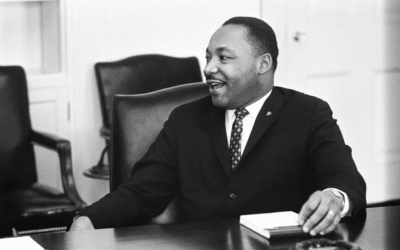Trump Administration Resumes Controversial Third-Country Deportations

The Trump administration resumed its controversial third-country deportation policy on Tuesday, sending five migrants from Vietnam, Jamaica, Laos, Yemen, and Cuba to Eswatini, a small nation in southern Africa. The move follows a recent US Supreme Court ruling that allowed the practice to continue after a legal pause.
The Trump administration has resumed its controversial third-country deportation policy, sending five migrants to Eswatini, a small country in southern Africa, on Tuesday. The deportees originated from Vietnam, Jamaica, Laos, Yemen, and Cuba.
This renewed action follows a recent U.S. Supreme Court ruling that lifted a legal pause on the policy, allowing deportations to continue even when the receiving country is not the migrant’s home nation.
The Department of Homeland Security (DHS) announced the flight on social media. DHS spokesperson Tricia McLaughlin stated that the individuals deported had been convicted of serious crimes such as murder, assault, and robbery, adding that their home countries refused to accept them back due to the severity of their offenses.
“NEW: A safe third-country deportation flight to Eswatini in Southern Africa has landed — This flight took individuals so uniquely barbaric that their home countries refused to take them back,” said McLaughlin.
Eswatini, formerly known as Swaziland, borders South Africa and spans around 6,700 square miles. The New York Times previously reported that the U.S. government had approached over 50 nations to establish agreements for accepting non-national deportees under this policy.
Since early in Trump’s presidency, DHS has pursued similar third-country deportations. In recent months:
- Migrants from China, Iran, and Pakistan were sent to Panama and Costa Rica
- Venezuelans were deported to El Salvador
- Earlier this month, eight migrants were flown to South Sudan after legal delays
Those eight migrants were held in Djibouti for six weeks while a federal court reviewed whether they had been given sufficient opportunity to express fear of torture or persecution in the third country. The Supreme Court’s intervention halted that ruling, allowing the deportations to proceed.
In a dissenting opinion, Justice Sonia Sotomayor criticized the policy, writing:
“What the government wants to do, concretely, is send the eight noncitizens it illegally removed from the United States from Djibouti to South Sudan, where they will be turned over to the local authorities without regard for the likelihood that they will face torture or death.”
Meanwhile, U.S. Immigration and Customs Enforcement (ICE) has issued new internal guidelines permitting faster deportations, especially when the State Department receives assurances from receiving countries regarding safety. In certain scenarios, deportations can now occur within six hours, even in the absence of such assurances.
The administration continues to urge unauthorized immigrants to voluntarily leave the country, warning of consequences like detention in high-security immigration facilities — including one in Florida dubbed “Alligator Alcatraz.”




